Do you own a parrot and wonder if it can eat raisins? The debate on can parakeets eat raisins is quite common. In this guide, we’ll look at parakeets’ nutrition needs and the best treats for them.
Parakeets, also called budgies, mainly eat seeds and grasses in the wild. Yet, they are also fans of a varied diet that includes different fruits and vegetables. A diet of just seeds won’t do. To keep them healthy, add fresh fruits, veggies, and an occasional treat.
So, can parakeets enjoy raisins as a snack? And how should you give it to them? We will uncover these intriguing questions next.
Understanding a Parakeet’s Diet in the Wild
Parakeets, or budgies, are fascinating birds. They thrive on a varied parakeet diet in the wild. Being natural foragers, they search for food in unique ways to get the nutrients they need for good health.
Natural Seed and Fruit Foragers
Out in the wild, parakeets mainly eat seeds and fruits. They pick seeds from grass and trees, eat fruits, berries, buds, and even bark. This natural foraging lets them find many different types of food. It meets their bird nutrition needs well.
Varied Diet in the Wild
Alongside seeds and fruits, wild parakeets also enjoy nectar and insects. They find nectar in flowers and eat insects, including their young. This varied diet gives them all the vitamins, minerals, and essential nutrients they need to stay healthy. It’s important to mimic this diverse diet when caring for pet parakeets. This helps ensure they get a balanced and complete nutrition.
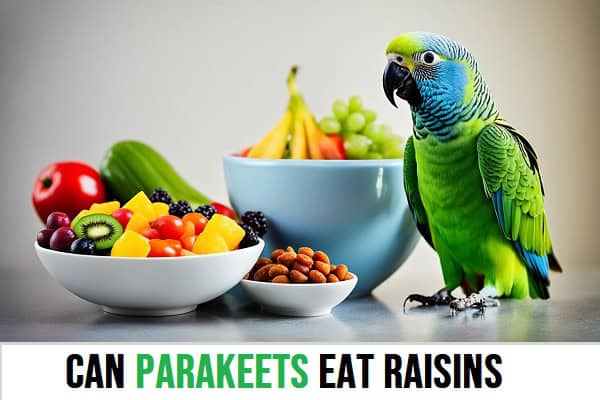
Essential Dietary Components for Parakeets
Parakeets need a balanced diet just like all animals. It should have nutrients like proteins, carbs, fats, vitamins, and water. These elements support your bird’s health.
Protein Foods for Parakeets
Proteins help with growth, repair, and feather maintenance. Your parakeet can get proteins from lean meats, eggs, fish, and cottage cheese. These foods help them stay strong and healthy.
Carbohydrate Foods for Parakeets
Carbs provide energy for your bird and come from grains, seeds, some fruits, and vegetables. A varied diet rich in carbs keeps them active and alert.
Fats and Oils for Parakeets
Fats and oils serve as energy sources. They can come from nuts and seeds. But remember, too much fat can cause health problems.
Vitamins and Minerals for Parakeets
Vitamins and minerals support basic body functions. Make sure your parakeet eats a mix of fruits and veggies for these nutrients.
Water for Parakeets
Your parakeet needs clean water all the time. It’s essential for staying hydrated and healthy. Change the water often, especially when it’s hot.
Grit for Parakeets
Grit aids in food digestion by grinding it in the belly. Offer small stones or sand to help your parakeet digest its food easier.
Give your parakeet food that includes all these vital nutrients. This way, they get everything they need for a healthy life.
Fruits and Vegetables Safe for Parakeets
For a good parakeet diet, you can feed them lots of fresh fruits and vegetables. These not only add important vitamins, minerals, and fiber to their diet, but make eating fun. It encourages them to look for and try new foods.
Parakeet Vegetables
Vegetables like broccoli, carrots, kale, and peas are great for parakeets. They are full of good stuff for bird nutrition. Include these in their meals.
Parakeet Herbs
Don’t forget the herbs! Parakeets like basil, parsley, and mint. These herbs add flavor and make mealtimes interesting for your bird.
Parakeet Fruits
There are lots of fruit options for parakeets, like apples and berries. But, remember, fruits are sweet, so give them in small amounts. Vinegar fruit is great for parakeets too.
Always clean fruits and veggies well to remove pesticides or contaminants. Try new foods slowly to see what your parakeet likes. This way, they get a balanced and interesting diet.
Can Parakeets Eat Raisins?
Raisins, and dried grapes, can be a nice treat for parakeets if given occasionally. Start with tiny amounts and watch how they react. Some may love the taste, while others might not care for it.
Introducing Parakeets to eat Raisins
It’s key to know that raisins have lots of sugar. Too many can cause problems like obesity and issues with digestion. They also have a bit of the same toxin in grapes that can harm parrots if eaten in large amounts. So, just offer them as a once-in-a-while snack.
Raisin Toxicity Concerns
Always make sure to clean and cut raisins well before giving them to your parakeet. This step helps avoid any choking risks. By being careful and only giving a few at a time, you can give your parakeet a tasty snack safely.
Other Safe Treats for Parakeets
Besides fresh fruits and veggies, your parakeet can enjoy other treats. These can add fun and nutrients to its meals. Make sure the treats are healthy and given in moderation.
Dried Fruit for Parakeets
Organic, unsulfured dried fruits like apricots, figs, and mangoes are fine. They add a different flavor your bird might like. Remember, too much can be bad because they are sweet.
Rinse these fruits well to get rid of extra sugar. This makes them safer for your bird.
Nuts and Seeds for Parakeets
Almonds, cashews, and walnuts are good for healthy fats and proteins. Just be sure to cut them small. This prevents any choking. Also, unsalted seeds are great as well. Include sunflower and pumpkin seeds in your bird’s diet.
Cooked Foods for Parakeets
Parakeets would love unsalted, cooked whole grains such as brown rice. Or pasta can be a fun treat for them too. These foods change up the regular seeds and add variety.
Go slow when adding new treats. This helps your parakeet’s stomach adjust safely. It’s a good idea to keep things balanced with their usual food.
Bird Pellets and Seed Mixes
In nature, parakeets eat a mix of seeds, fruits, and veggies. Yet, those kept as pets mainly eat commercial seed mixes. Adding bird pellets to their meals can provide better nutrition.
Benefits of Pellets
Bird pellets are packed with what parakeets need: proteins, carbs, fats, vitamins, and minerals. They lead to a healthier bird, make their feathers shinier, and lower the chance of not getting enough nutrients.
Transitioning to Pellets
Moving your parakeet from just eating seeds to pellets is tough. Start by mixing pellets with the seeds. Keep adding more pellets until the bird is used to them.
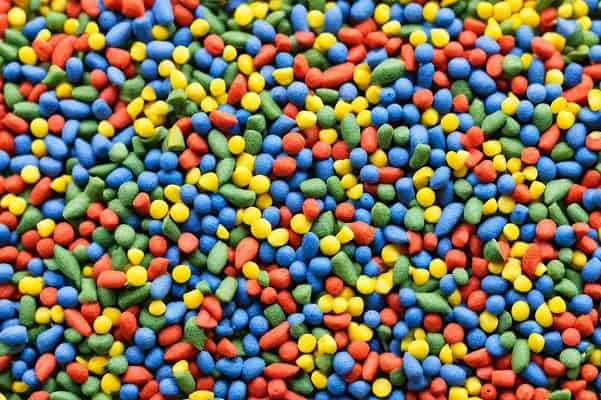
Feeding Safety and Precautions
When you care for your parakeet, the first thing to think about is feeding them safely. You have a big role in keeping your bird healthy.
Avoiding Toxic Foods
It’s vital to keep dangerous foods away from your parakeet. Foods like avocado, chocolate, caffeine, and alcohol can hurt them. Always be careful and look up foods before you give them to your bird.
Portion Control
Your parakeet needs the right amount of food. This is especially true for fruits and vegetables. Too much can cause stomach problems or make them gain too much weight. So, make sure you give food in the right amounts.
Fresh and Clean Water
Having fresh, clean water is a must for your parakeet. Change the water often, especially when it’s hot. Good water care is just as important as good food.
By following these feeding tips, your parakeet will stay happy and healthy. Paying good attention to what they eat and their drinking water keeps them well.
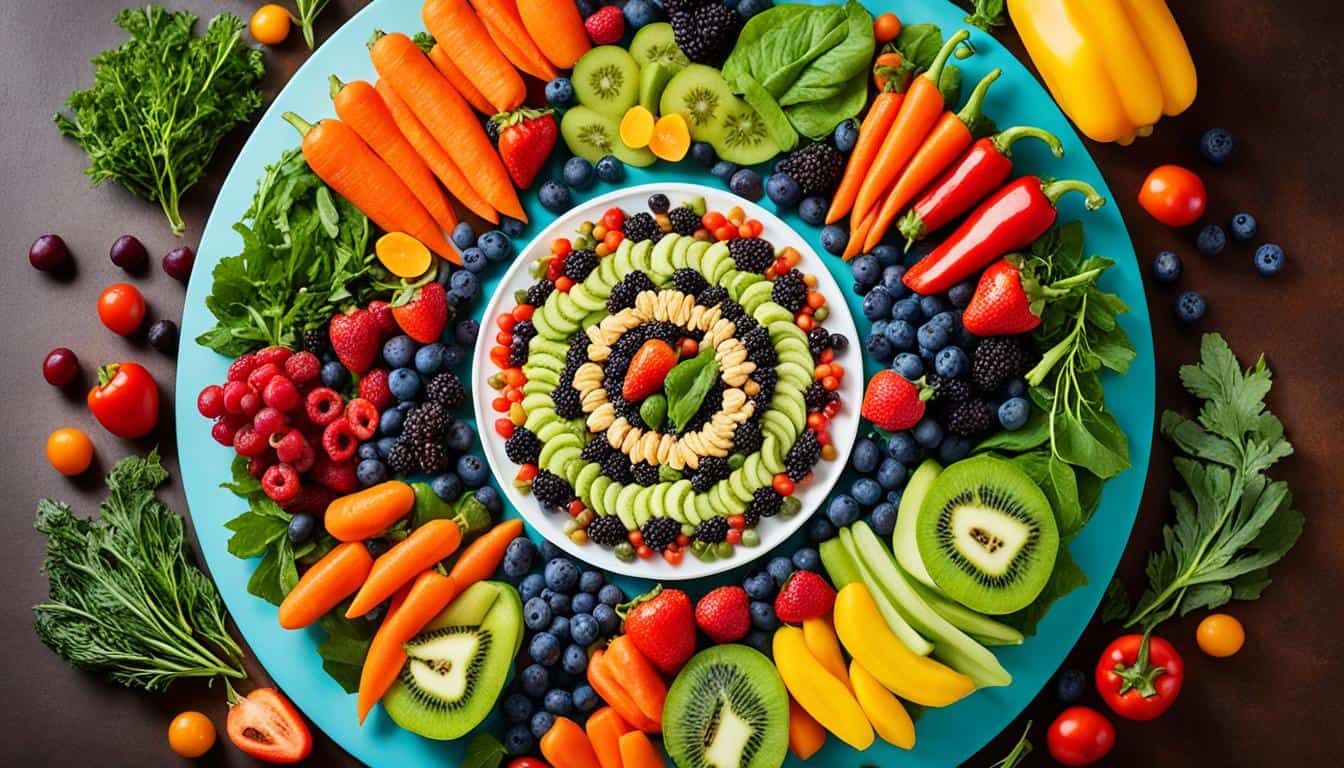
Creating a Balanced Parrot Diet
Your parakeet needs a well-rounded diet for good health. In nature, they feast on a mix of seeds, fruits, and veggies. So, at home, give them quality pellets, fresh foods, and some treats.
Variety is Key
Change up what you serve to keep your bird interested. This approach ensures they get all essential nutrients and keeps meals fun. A variety of foods means a balanced diet for your parrot.
Adjusting for Breeding Season
Parakeets might need more protein and calories when it’s breeding season. So, add more nutritious foods like eggs or meat to help them breed successfully.
Also Read Our Previous Articles
| 6 Types of Bird Beaks and How Birds Use Them to Eat |
| Florida Beach Birds Along the Coast |
| Can Parrots Eat Kale |
| Cardinal Spiritual Meaning and Symbolism |
| White Birds in Florida |
Frequently Asked Questions
Q1: Can parakeets eat raisins?
Yes, parrots can eat raisins in moderation as an occasional treat.
Q2: Can birds eat raisins in the winter?
Yes, birds can eat raisins in winter as they provide a good source of energy and nutrients.
Q3: How long to soak raisins for birds?
Soaking raisins for 20-30 minutes in water can make them easier for birds to consume and digest.
Q4: Can squirrels eat raisins?
Yes, squirrels can eat raisins as part of a varied diet, but they should be given in moderation due to their sugar content.
Q5: Can cockatiels eat raisins?
Yes, cockatiels can eat raisins as an occasional treat, but they should not make up a significant portion of their diet.
Q6: Can parakeets eat strawberries?
Yes, parakeets can eat strawberries in small amounts as they are safe and provide some vitamins.
Q7: Can budgies eat grape seeds?
No, it’s best to avoid feeding budgies grape seeds as they can be toxic to birds.
Q8: Can parakeets eat blueberries?
Yes, parakeets can eat blueberries in moderation as they are a nutritious treat rich in antioxidants.
Wrapping on Can Parakeets Eat Raisins
Parakeets are both delightful and engaging as companion birds. Yet, it’s vital to meet their dietary needs for health and longevity. In the wild, they eat a mix of seeds, fruits, vegetables, and more. To reflect their wild diet, offer them varied, top-quality pellets, fresh produce, and sometimes treats.

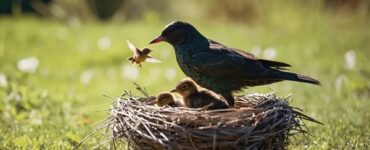
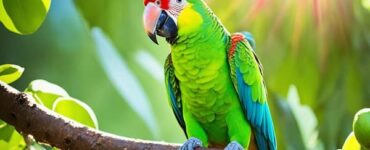
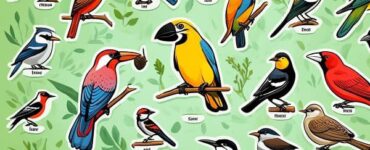
Add comment